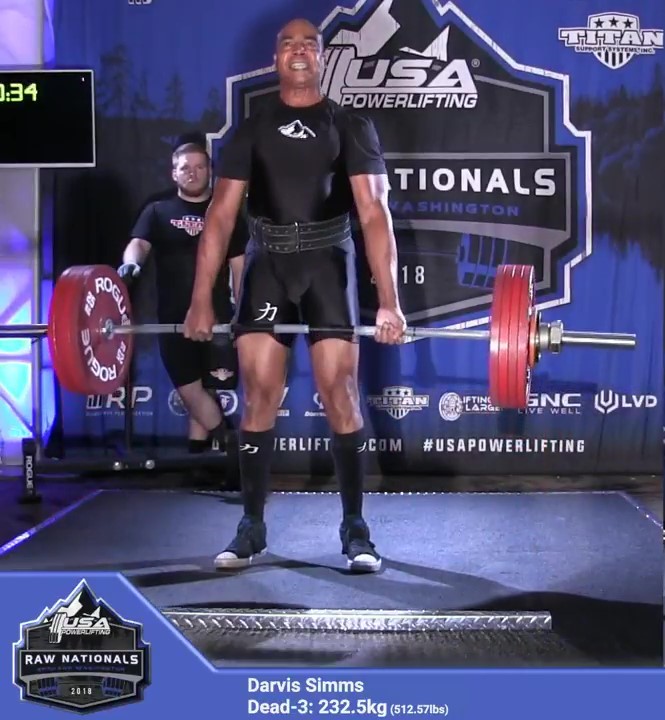Cardiovascular exercise known as
cardio by most in the fitness profession is associated with numerous health
benefits; therefore, it is an invaluable part of any fitness program. Cardio
exercise is any activity that increases the work of the heart and lungs.
Activities such as brisk walking, running, training on the elliptical machine,
biking, and working on the Stairmaster, are some of the more well-known forms
of cardio.
During cardio exercise you
repeatedly move large muscles in the upper and lower parts of your body. Your
body responds by breathing faster and more deeply providing increased blood
flow to these muscles and back to your lungs. Your small blood vessels widen to
deliver more oxygen to your muscles and carry away waste products, such as
carbon dioxide and lactic acid. Your body also releases endorphins which are
natural pain killers that promote an increased sense of well-being.
Regardless of your age, cardio exercise
is good for you. As your body adapts to a cardio routine your heart and lungs
will become stronger and more efficient in performing their activities. The
following are additional benefits of cardiovascular exercise:[1]
·
Helps to lose and maintain a healthy weight.
Combined with strength training and a healthy diet cardio helps you to lose
weight and to keep it off.
·
Increase your stamina. Cardio may make
you tired in the short term, but over the long term, you will enjoy increased
stamina and reduced fatigue.
·
Ward off viral illnesses. Cardio
activates your immune system, thus making you less susceptible to minor viral
illnesses such as colds and flu.
·
Reduce health risks. Cardio, combined
with strength training, reduces the risk of many conditions including obesity,
heart disease, high blood pressure, type 2 diabetes, stroke, osteoporosis, and
certain types of cancer.
·
Manage
chronic conditions. Cardio, combined with strength training, helps to lower
blood pressure and to control blood sugar.
·
Strengthen
your heart. A stronger heart doesn’t need to beat as fast and pumps blood
more efficiently. Consequently, blood flow is improved to all parts of your
body.
·
Keeps
your arteries clear. Cardio boosts your high-density lipoprotein (HDL) or
“good” cholesterol and lowers your low-density lipoprotein (LDL) or “bad”
cholesterol, which results in less
plaque build-up in your arteries.
·
Boost
your mood. Cardio can ease the gloominess of depression, reduce the tension
associated with anxiety and promote relaxation.
·
Stay
active and independent as you get older. Cardio, in conjunction with
strength training, keeps your muscles strong, helping you maintain mobility as
you get older. Cardio also keeps your mind sharp. At least 30 minutes of cardio
three days a week seems to reduce cognitive decline in older adults.

